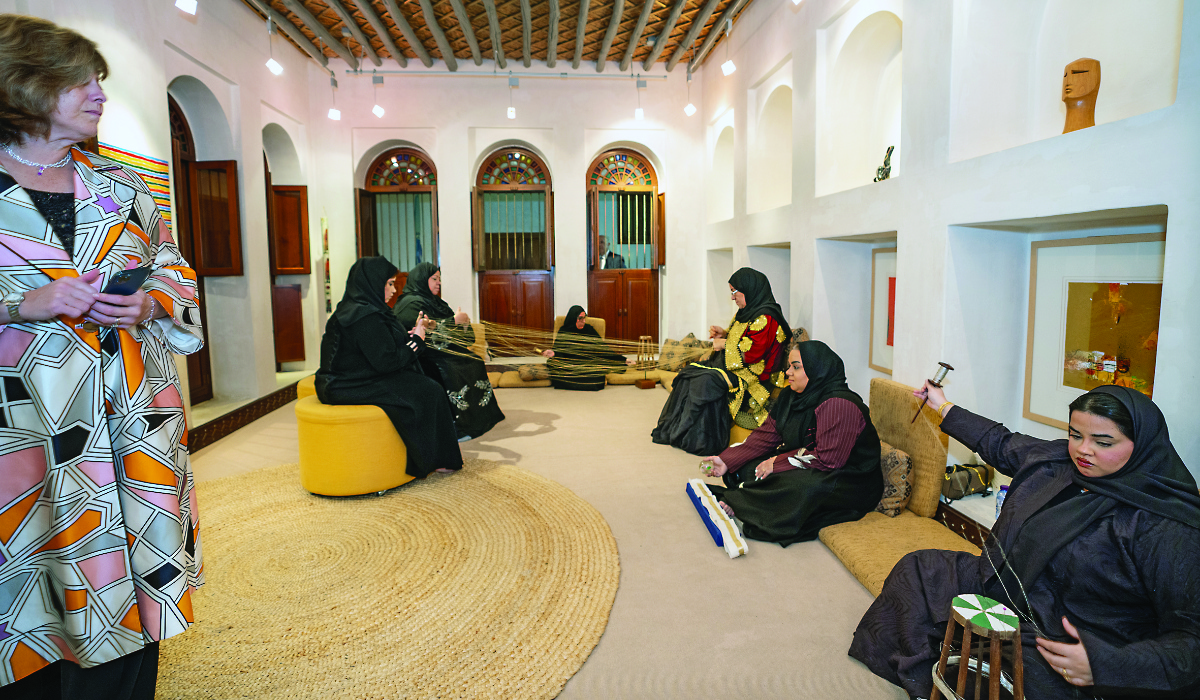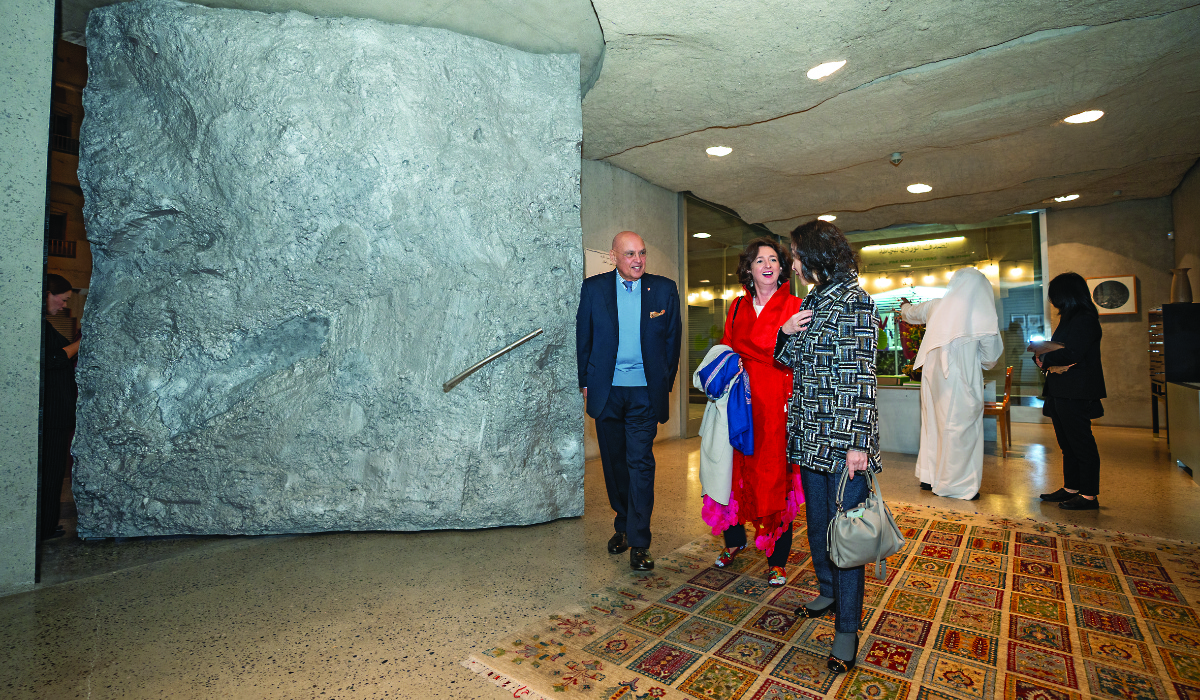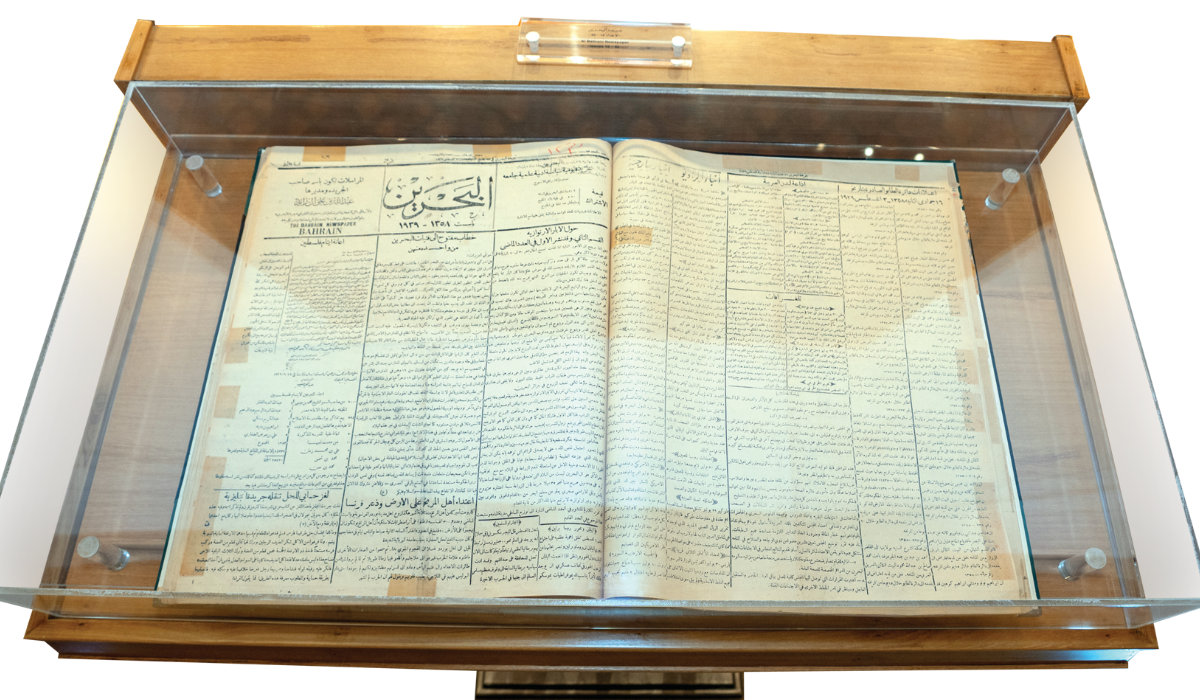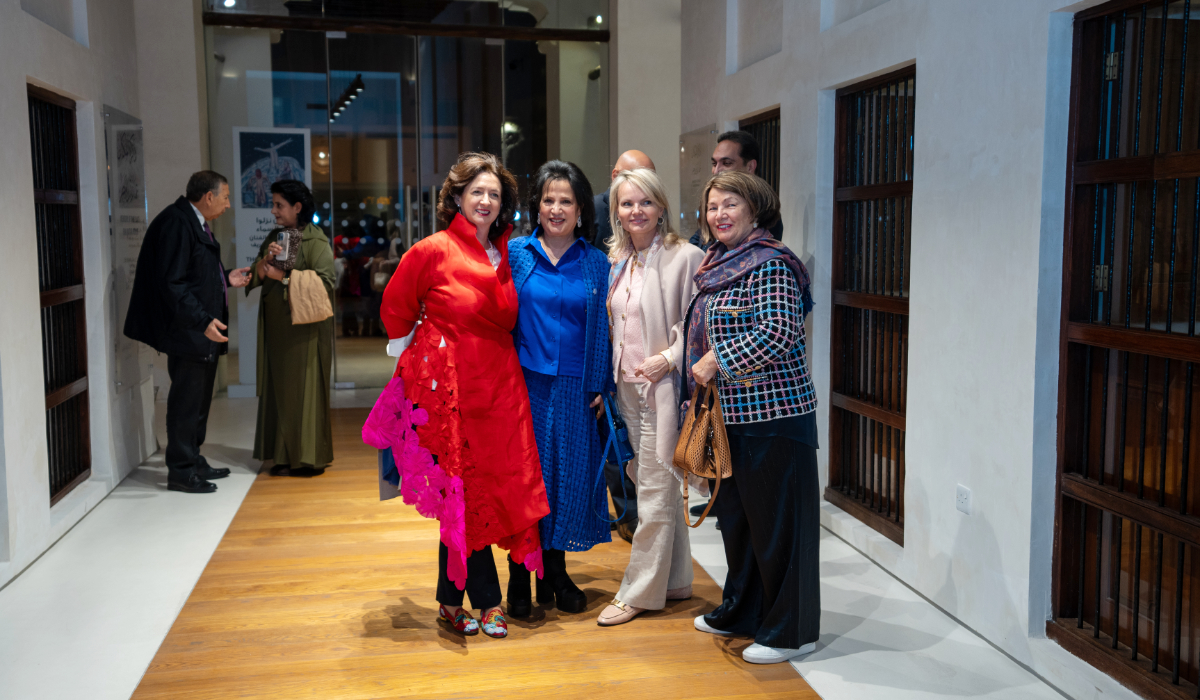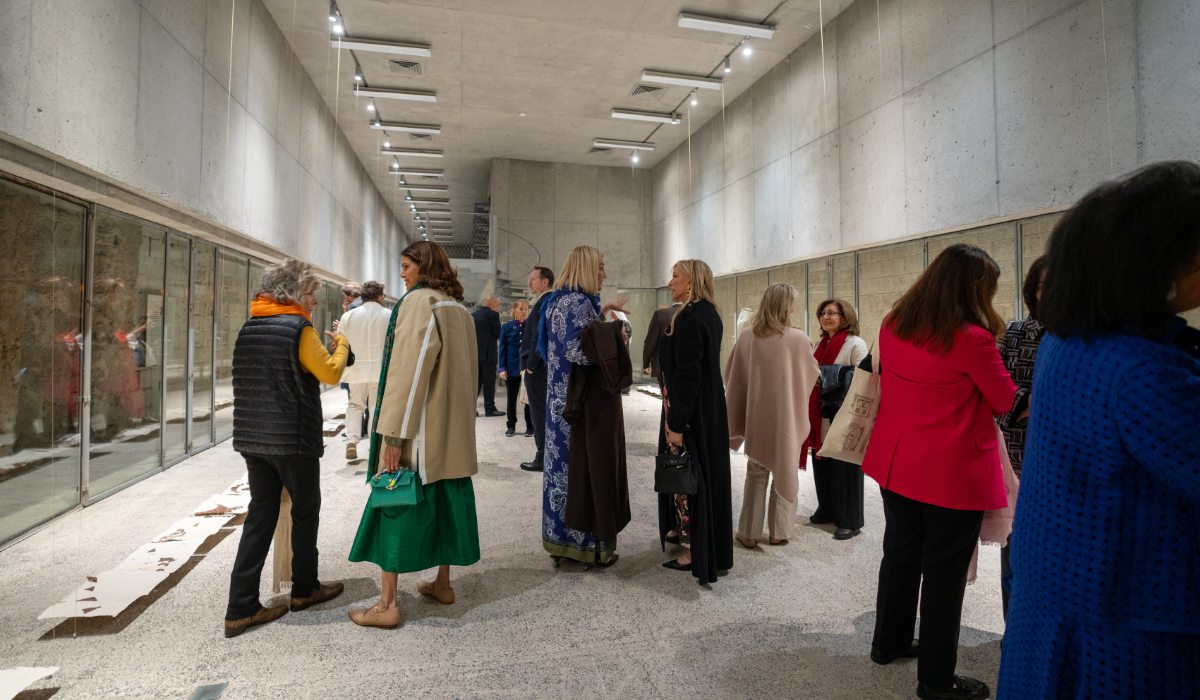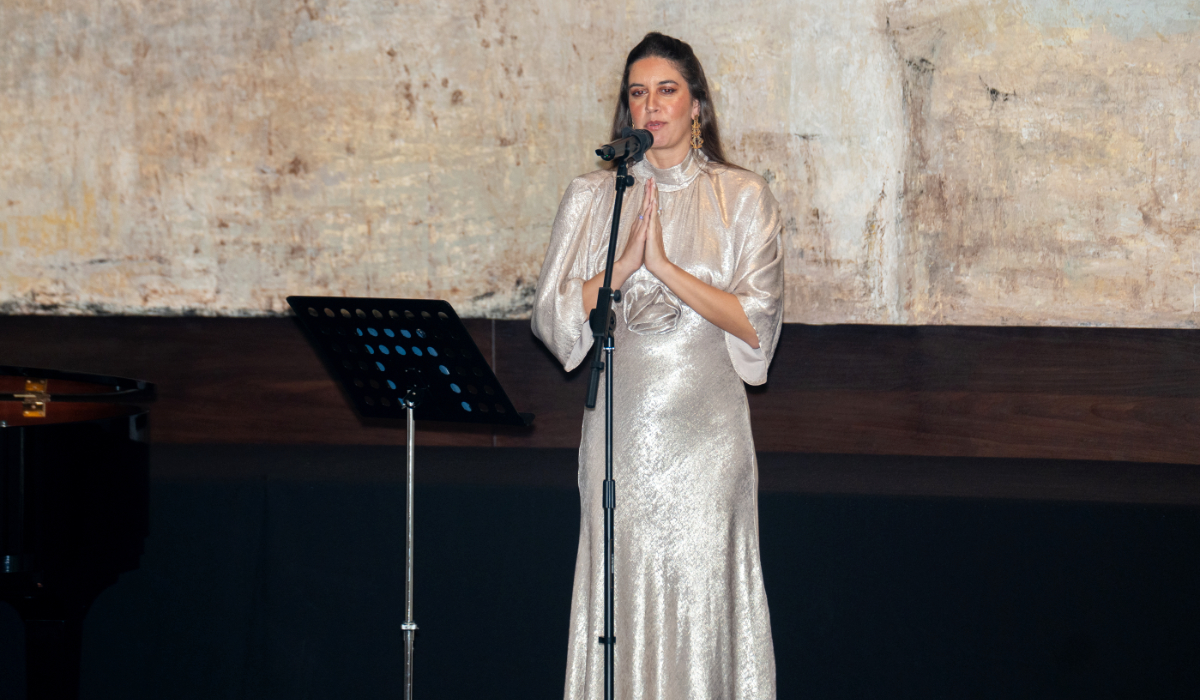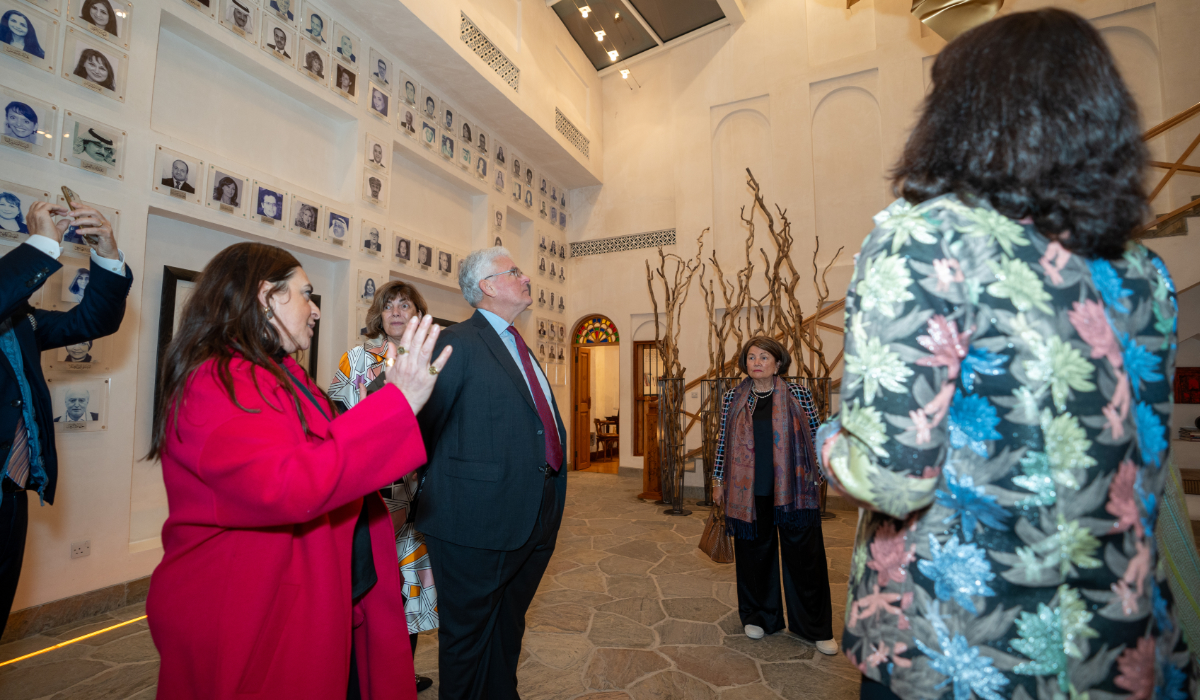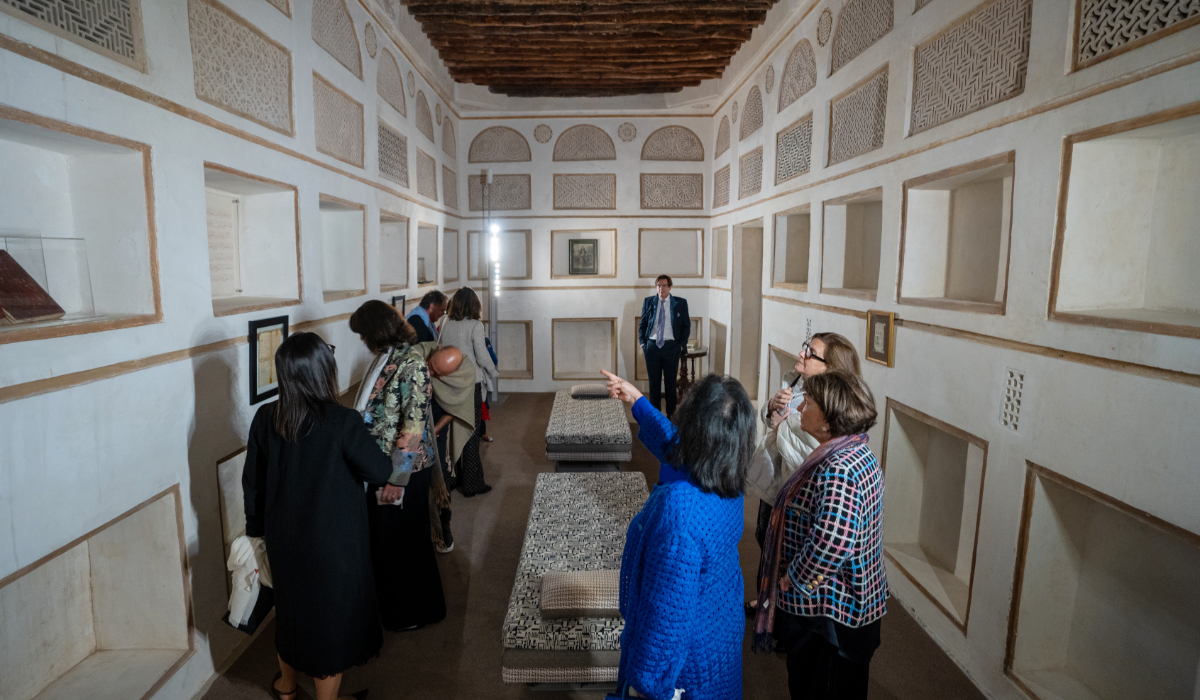JEDDAH: Countries around the world must increase funding to UNRWA in an effort to improve services for Palestinians and safeguard regional security, the head of the Organization of Islamic Cooperation has said.
Secretary-General Hissein Brahim Taha made the comments in an opening statement for the extraordinary session of the OIC Council of Foreign Ministers, held at the organization’s headquarters in Jeddah on Tuesday.
He said that the organization is following donor countries’ suspension of UNRWA contributions with great concern. An increase of funding to UNRWA will confirm the international community’s commitment to protecting the rights of Palestinian refugees, he added.
In his statement, the OIC chief said that the meeting was being held in light of Israel’s aggression on Gaza.
He described the Israeli campaign as “violating all international standards, laws, and norms,” adding that the war had led to “horrific massacres, war crimes, and crimes against humanity,” including the recent killing of Palestinian civilians waiting to receive food aid.
“These crimes have so far claimed the lives of more than 30,000 Palestinian civilians, wounded nearly 70,000, most of them women and children, and displaced nearly 2 million Palestinians inside the Gaza Strip,” he said.
Israel’s occupation involves a systematic policy based on “siege, starvation, torture, arrest, killing, displacement, and indiscriminate destruction of infrastructure, housing, mosques, churches, hospitals, schools, universities, UN institutions, historical buildings and economic facilities,” the OIC chief said.
The Israeli campaign must be placed in the context of genocide and an attempt to uproot the Palestinian people from their land, he added.
Taha thanked participants, and praised the OIC member states that called for the meeting following the extraordinary Arab Islamic Summit hosted by Saudi Arabia in November 2023.
The Arab and Islamic ministerial contact group that was created at the 2023 summit has been successful in its efforts, Taha said. The council has influenced prominent countries, especially UN Security Council member states and international organizations.
A resolution passed at the November summit also urged the creation of a media monitoring unit, which Taha said had been activated. The OIC has also begun coordination with member states to activate a legal observatory that was established by resolution at the Saudi summit.
The OIC, along with 25 member states, submitted written information to the International Court of Justice and took part in the oral arguments that took place in February this year regarding the legal consequences of Israel’s occupation of Palestinian land since 1967 and violation of the right of the Palestinian people to self-determination, Taha said.
The Council of Foreign Ministers session also saw speeches from Mohamed Marzouk, minister of foreign affairs of Mauritania; Prince Faisal bin Farhan, Saudi minister of foreign affairs, and Riyad Al-Maliki, minister of foreign affairs of Palestine.
In his speech, Prince Faisal said: “Our meeting today underscores the necessity of calling upon the international community and the Security Council to stop the Israeli aggression against the Palestinian people, ensuring the protection of civilians, lifting the siege on Gaza, and facilitating the permanent access of humanitarian and food aid.
“The Kingdom warns of the extremely dangerous repercussions of invading and targeting the city of Rafah in the Gaza Strip.
“An expansion of military operations toward Rafah will only bring more suffering to the unarmed civilians targeted in Gaza. Our countries categorically reject the forced displacement of the Palestinian people from their territories and emphasize the importance of allowing the immediate and safe return of the displaced.”
Through urgent diplomatic efforts, and as part of its role in the ministerial committees launched from the November summit, Saudi Arabia has called on the international community to take responsibility in stopping the Gaza war, Prince Faisal added.
“We have noticed a positive development in the positions of some countries and an understanding of the magnitude of the catastrophe,” he said.
“We have seen an increase in the number of countries calling for an immediate ceasefire, and we have heard from a number of countries about their readiness in principle to recognize the State of Palestine.
“In this regard, we send our message to those countries that the time has come to make their decision to recognize the State of Palestine and continue to pressure Israel to stop the war in Gaza and accept the two-state solution.”
He added: “Despite the worsening humanitarian tragedy, with over 30,000 deaths, more than 2 million people starving, a lack of security, and the destruction of basic services and infrastructure, the bitter truth is that the international community is still incapable of stopping the humanitarian massacre.
“In light of religious, international and moral values, we note that the brutal Israeli escalation continues against civilians in Gaza and the West Bank.
“The actions taken by some countries against settlers and extremists are positive, yet these measures remain insufficient if those responsible in the Israeli government who enable them are not held accountable, threatening a complete collapse of the credibility of international institutions and international humanitarian law.”
The Saudi foreign minister raised the issue of UNRWA funding, saying that Saudi Arabia has “confidence” in the ability of the UN secretary-general to conduct an investigation into the matter and disprove the allegations that led to the funding crisis.
He warned against attempts to undermine confidence and cancel the important role played by UNRWA.
“We reaffirm, clearly and emphatically, the necessity to end the suffering and provide hope to the Palestinian people, enabling them to live in safety and self-determination through a reliable and irreversible path to establishing a Palestinian state with East Jerusalem as its capital, in accordance with the Arab Peace Initiative and related international resolutions,” Prince Faisal said.
Marzouk, the Mauritanian foreign minister, said: “The Gaza war represents a new chapter of genocidal wars and systematic starvation waged by the Israeli army, flagrantly violating ethical principles, international law and humanitarian international law.
“What’s worse is the suspicious international silence and the clear inability of international bodies to fulfill their responsibilities for which they were established.”
Al-Maliki, Palestine’s foreign minister, said: “Our people in the Gaza Strip are subjected to the most horrific forms of genocide — one of the most atrocious chapters being what is referred to as the Flour Massacre.
“This heinous massacre committed by the occupation forces on the morning of Thursday, Feb. 29, against Palestinian civilians waiting for the arrival of aid trucks in Gaza and its north, left dozens of martyrs, 124 martyrs, and more than 800 wounded.
“It was an integral part of the genocidal war committed by the fascist Israeli government, reaffirming its policy of forcibly displacing our people and proving once again to the international community and the countries supporting Israel that there is no alternative to an immediate ceasefire as the only way to protect civilians and provide them relief.”
He added: “I extend my thanks and appreciation to all member states who convened for this extraordinary meeting, specifically mentioning the Kingdom of Saudi Arabia, the Hashemite Kingdom of Jordan, the Islamic Republic of Iran, in addition to the State of Palestine and all participating member states, for their understanding of the real risks threatening the Palestinian cause and the unprecedented humanitarian catastrophe and genocide faced by Palestinians in Gaza.”













